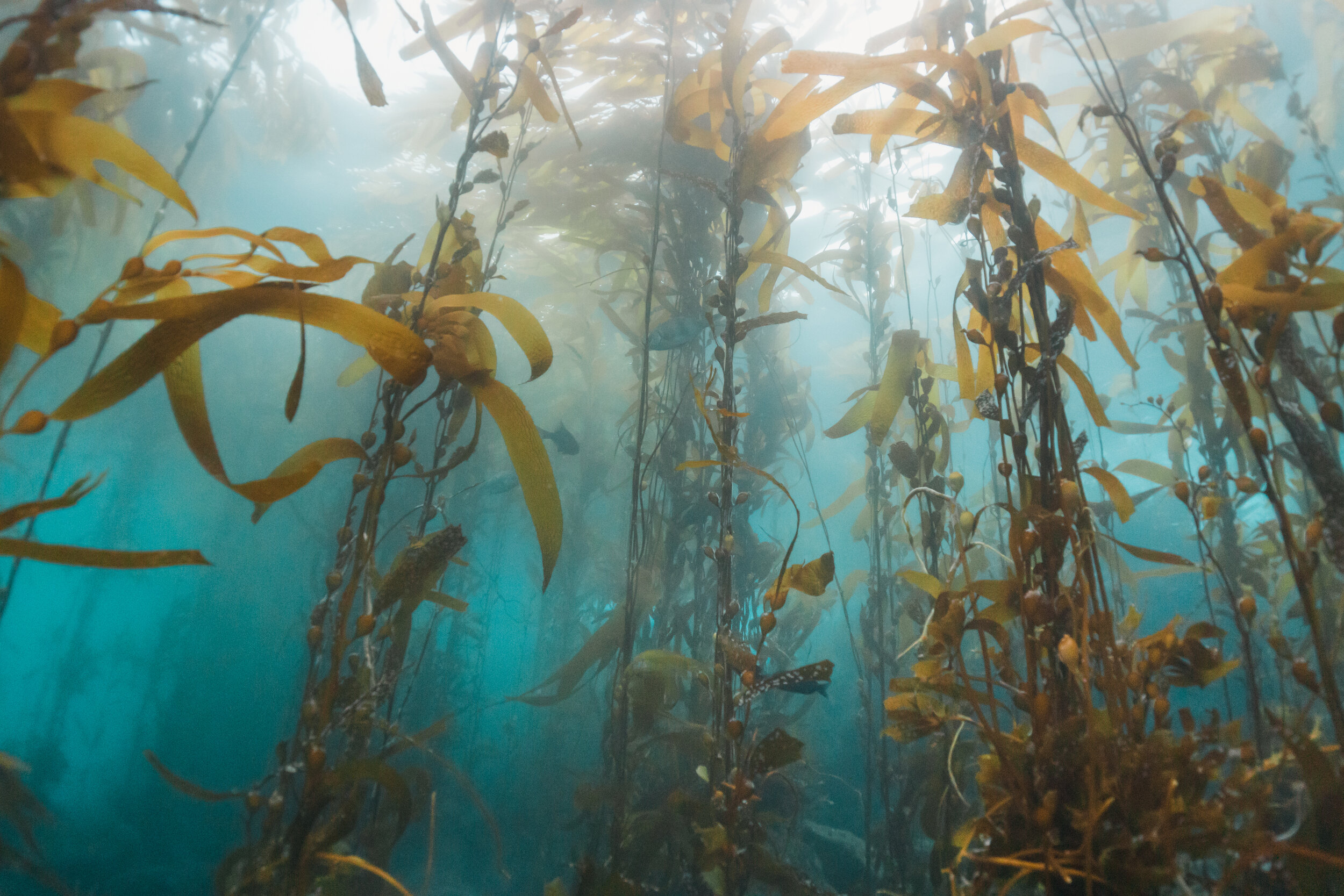
A Unified Voice in a Growing Market.
The Pacific Seaweed Industry Association
We are the unified voice for the Pacific seaweed industry. Advancing awareness, innovation, and collaboration for a thriving seaweed sector.

Our Priorities
Market Growth & Industry Partnerships
We connect members to new opportunities, fostering innovation and creating pathways for the seaweed industry to thrive locally and globally.
We work with stakeholders across the supply chain to drive innovation, create solutions, and grow the industry together.
Advocacy & Policy Support
We actively engage with government representatives at all levels to secure funding, policies, and initiatives that support a sustainable seaweed industry.
We work to streamline policies and regulations, fostering a clear and supportive environment for industry growth.
Member Support & Building Community
We empower our members through resources, networking opportunities, and tailored support to help their ventures succeed.
We promote transparency and responsible practices, building public trust and community support for the seaweed industry.
Indigenous Collaborations & Relationships
The PSIA works alongside Indigenous partners and businesses to support collaboration between Indigenous Nations and the seaweed industry. These partnerships are rooted in mutual respect, shared goals, and a commitment to fostering sustainable practices that honour Traditional Knowledge and stewardship. We are dedicated to supporting Indigenous-led projects that advance innovation and create meaningful opportunities within the sector.
The PSIA is currently working closely with Indigenous Works to develop and support The Seaweed Project.

